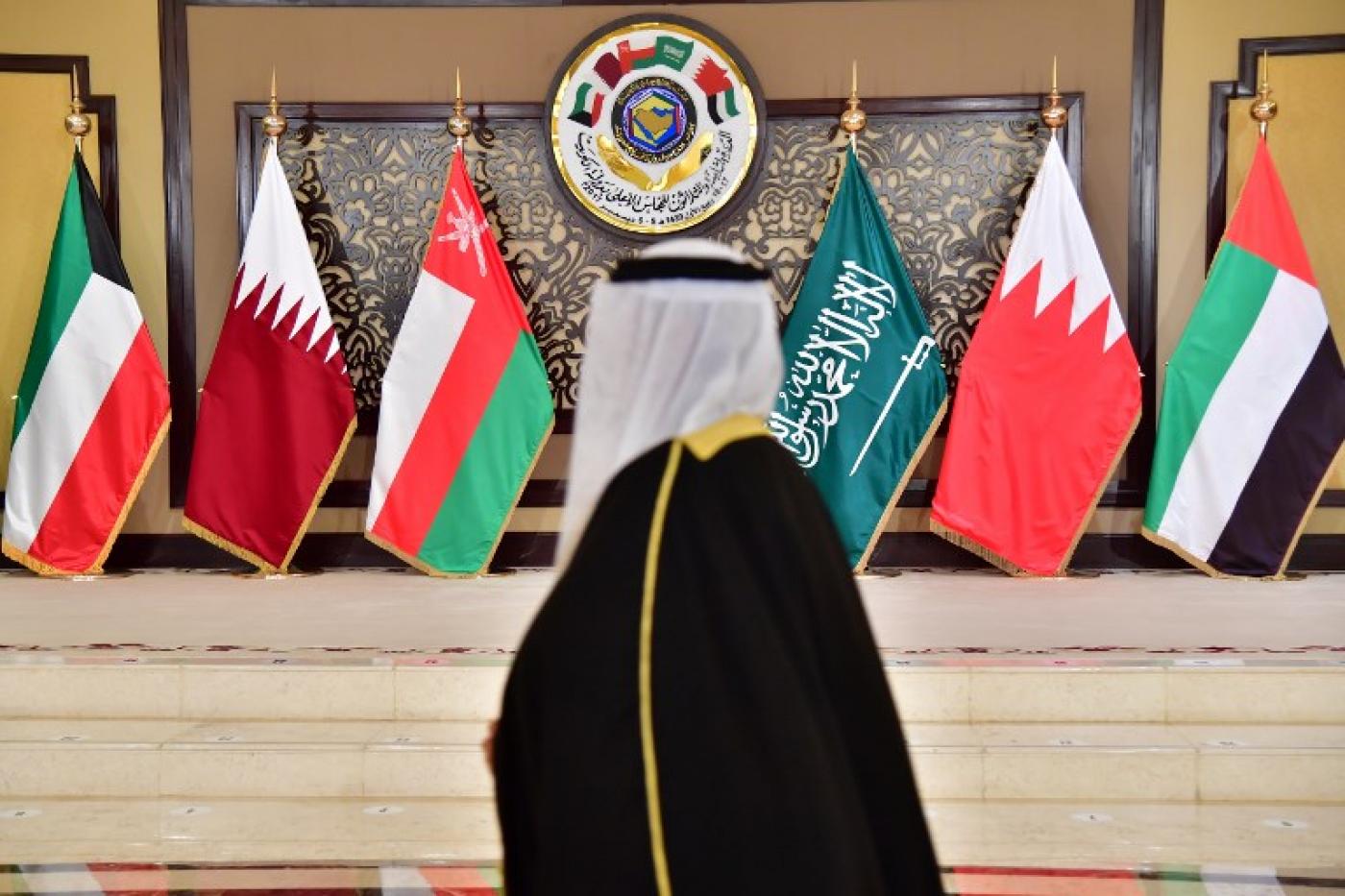NAWAF ALSABAH WRITES — The new Arab uprisings of 2018-2020 have demonstrated that instability in the Middle East can result from regional states’ domestic turmoil. A case in point: threats posed to the national security of the tiny Gulf Cooperation Council (GCC) countries as a result of these recent Arab Spring Revolutions. What began as minor protests soon escalated into deadly clashes, with Arab governments cracking down on protesters. This resulted in anarchy in Yemen, Bahrain and Syria- hotspots of civil war that ultimately threatened the stability of the entire region.
These tiny GCC states face a big dilemma. Despite their robust economic capabilities from oil revenues, their national security has been threatened by Arab neighbours’ expansionist ambitions. The aftermath of the uprisings and social violence saw the toppling of some Arab rulers, increasing threats to the survival of GCC countries and growing urgency to stem political unrest. This is true for Yemen, Bahrain and Syria, which depend on world powers such as the United States to maintain their national security.
In addition, Iran and Iraq have been accused of trying to achieve regional dominance by developing nuclear capabilities, which in turn, of course, pose a threat to the GCC states. Worse, the GCC itself has failed to come up with ways to confront security threats; can GCC countries survive only through foreign intervention?
These are small countries that have enormous impact in regional affairs but need a big helping hand from other powers. Petroleum reserves and booming oil revenues necessitate constant outside security support. In turn, GCC economic integration and cooperation has created job opportunities for millions of people in member states, becoming the envy of some Arab and Islamic neighbours that harbor dreams of regional dominance.
Above all, it is the GCC’s physical proximity to powerful bully neighbors that has led the US to deploy military forces to the Gulf and to establish permanent military bases to provide the necessary security. These military bases across the GCC have come at just the right time, in response to regional terrorism and perceived security threats to the GCC. Although not popular in the Arab world, the presence of the US military in the region has stopped these imminent threats posed by powerful neighbouring Arab countries.
It must be said, some Arab countries see the United States’ military involvement in the Middle East as an effort to achieve a regional coup. Yet US involvement is built on pragmatism, shared security concerns and economic interests. To the tiny GCC countries, the military and financial might of the US has helped forestall severe crises. Yes, these countries have benefitted from military aid and equipment. Surely, US sales of modern military hardware such as the F-16, fighter aircraft and tanks have helped boost security.
Only US support can guarantee peace and stability in the region. Foreign interests and aggression cannot be wished away. Peace and stability in the Gulf region are important to the world. Fortunately, the US remains a strategically important ally to the Gulf region in the face of immediate security threats posed by insurgents and terrorists.

